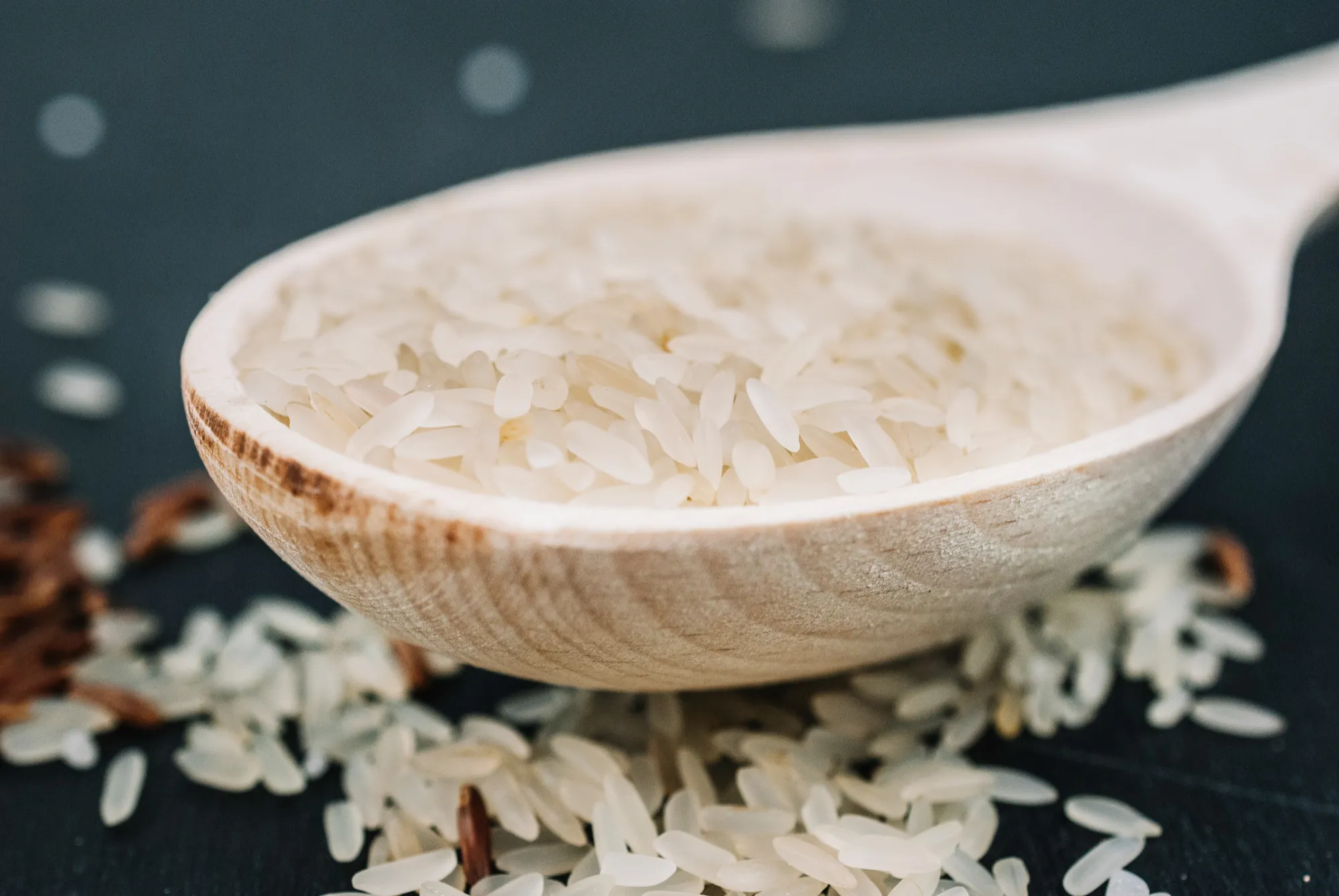In a groundbreaking study published in the Journal of Oleo Science, researchers have discovered that an ethanol extract from polished rice, known for its richness in Glucosylceramide (GlcCer), can have significant protective effects against intestinal impairments, including the prevention of colon cancer. This study, led by Dr. Shinji Yamashita from Obihiro University of Agriculture and Veterinary Medicine, Japan, along with colleagues Masahiro Yamamoto, Kenta Hirakawa, Nobuhiro Kikuchi, Mikio Kinoshita, and Teruo Miyazawa, could pave the way for new food-based therapeutic approaches for colon cancer prevention.
A Closer Look at Glucosylceramide
GlcCer is a significant plant and fungi sphingolipid known for its health-promoting properties, such as providing relief from intestinal impairment and improving the moisture content of the skin. Despite the promise shown by GlcCer, much of the research has been conducted using purified forms of this compound, with limited studies exploring its natural occurrence in food sources.
The Study and Its Methodology
With an aim to bridge this gap, the study titled “Extraction of Lipophilic Fraction from Polished Rice Improves Its Ameliorative Effect on Intestinal Impairment” (DOI: 10.5650/jos.ess19013), published in the 2019 volume of the Journal of Oleo Science, evaluates the presence and effects of GlcCer contained in food sources. Researchers focused on polished rice flour (RF) and its corresponding ethanol extract (RE) to uncover any protective benefits against colon cancer.
The experimentation involved mice treated with 1,2-dimethylhydrazine (DMH), a compound that induces colon cancer, by the formation of aberrant crypt foci (ACF) – a precancerous lesion found in the colon. The mice were fed three different diets: a control diet, a diet with polished rice flour (RF diet), and a diet with the rice ethanol extract (plus RE diet). The RE was derived from a similar amount of RF present in the RF diet and both diets had similar GlcCer content.
The Results
The researchers observed that DMH treatment led to the formation of ACF and increased production of inflammation-related cytokines, both indications of colon cancer development and inflammation. The study reported that mice on both the RF and RE diets showed a reduction in ACF formation compared to the control group, with the RE diet showing a notably significant suppressive effect.
Furthermore, the RE diet was seen to inhibit the production of almost all the studied inflammation-related cytokines, while the RF diet only suppressed a few. These findings suggest that the lipophilic component, inclusive of GlcCer in polished rice, has intrinsic protective effects against intestinal impairment. However, the study emphasizes that simply consuming polished rice might not be sufficient – the lipophilic fraction containing GlcCer requires extraction for its full protective action to be realized.
Implications and Future Perspectives
This study has significant repercussions for the understanding of how natural food components can offer protection against intestinal diseases and possibly cancer. It may lead to new dietary recommendations and the development of functional foods enhanced with GlcCer-rich extracts from polished rice.
References
1. Yamashita, S., et al. (2019). Extraction of Lipophilic Fraction from Polished Rice Improves Its Ameliorative Effect on Intestinal Impairment. Journal of Oleo Science, 68(5), 463–470. https://doi.org/10.5650/jos.ess19013
2. Itoh, T., et al. (2018). Protective effects of glucosylceramide from konjac tuber against murine intestinal inflammation. J Agric Food Chem, 66(43), 11441–11447.
3. Sullards, M. C., et al. (2000). Analysis of mammalian sphingolipid metabolism and homeostasis by liquid chromatography-tandem mass spectrometry. Biochimica et Biophysica Acta (BBA) – Molecular and Cell Biology of Lipids, 1484(2-3), 107–135.
4. Vesper, H., et al. (1999). Sphingolipids in food and the emerging importance of sphingolipids to nutrition. J Nutr, 129(7), 1239–1250.
5. Duan, J., et al. (2016). Glucosylceramide synthase, a factor in modulating drug resistance, is overexpressed in metastatic breast cancer cells. Int J Clin Exp Pathol, 9(3), 3829–3835.
Keywords
1. Polished rice extract
2. Glucosylceramide benefits
3. Intestinal impairment prevention
4. Colon cancer diet therapy
5. Natural food components
The research by Dr. Yamashita and colleagues opens up a promising avenue for individuals seeking to improve their intestinal health and possibly prevent colon cancer through dietary modifications. By highlighting the potential therapeutic benefits of the ethanol extract obtained from polished rice, this study stands as a testament to the power of food-derived compounds in combating serious health conditions. Moving forward, further research and clinical trials will be vital to fully understand the mechanism of GlcCer and to substantiate the use of polished rice extracts as a component in dietary interventions for colon cancer prevention.
